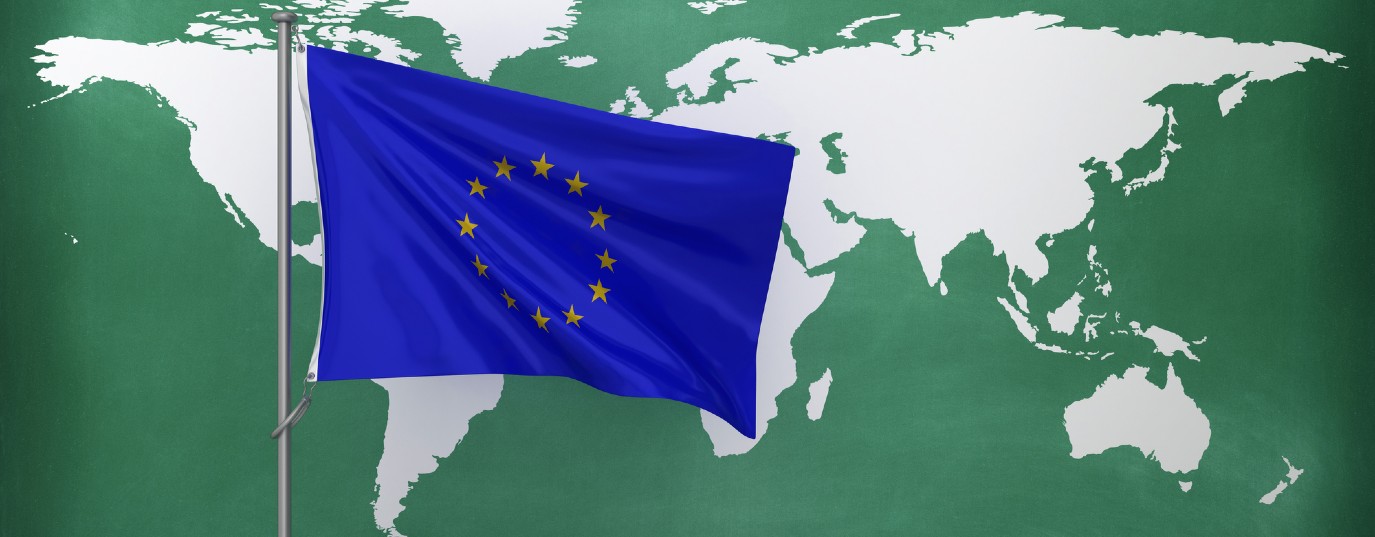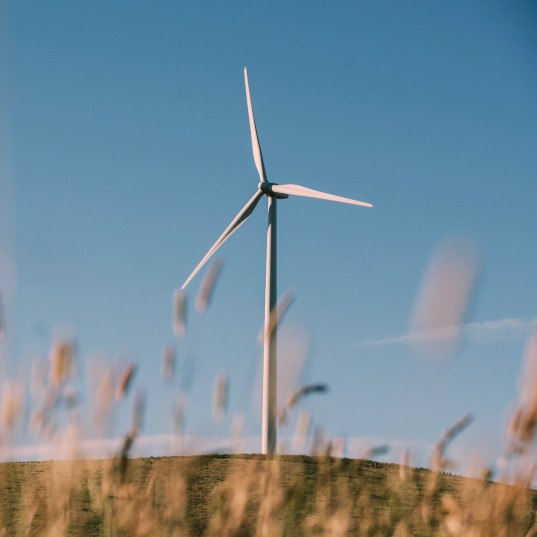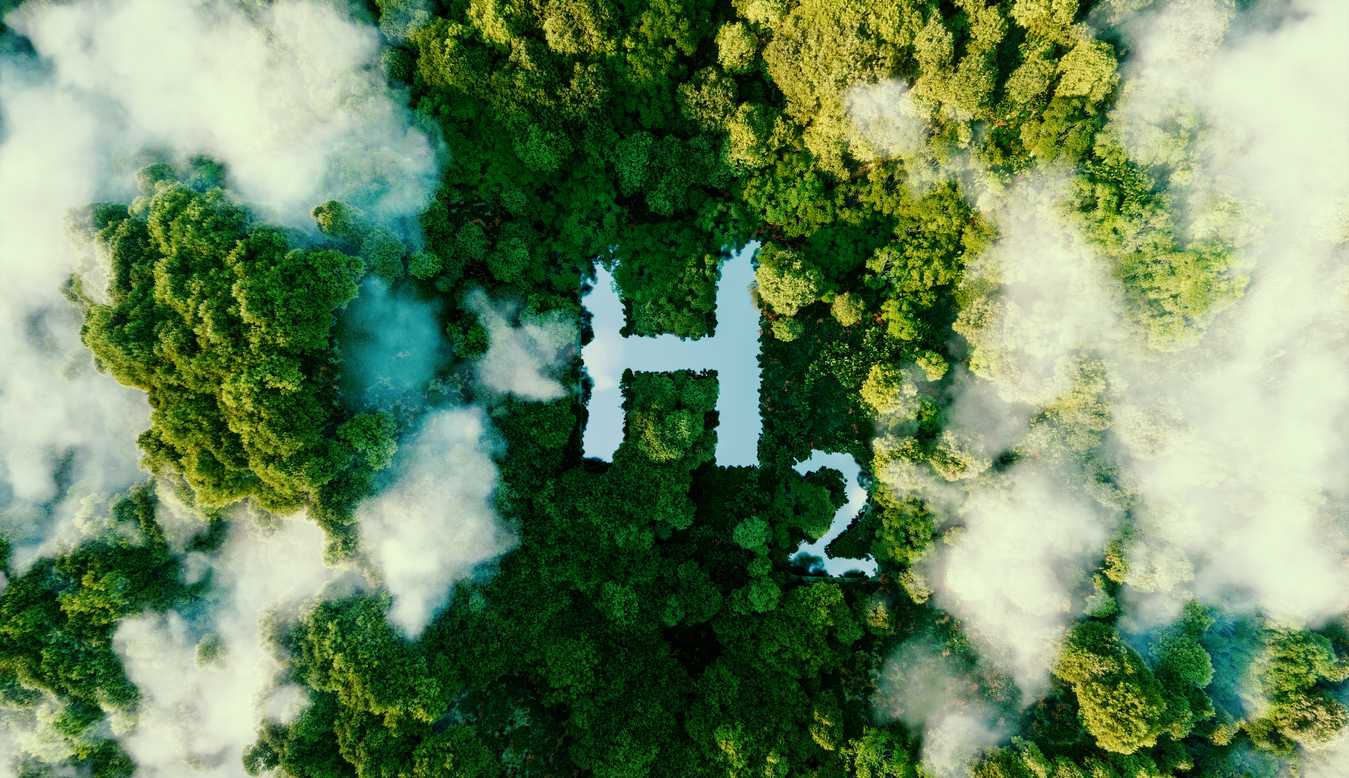The importance of the European Green Deal for recovery after the coronavirus crisis
The coronavirus pandemic must lead to an intensification of efforts against climate change and force a transition to a low-carbon economy.
The COVID-19 pandemic has dealt a body blow to every structure we can think of with the force of a missile. The same can be said for the global agenda. Among the most important issues it has impacted is climate action.
The coronavirus crisis could mean an amendment to all climate goals planned for 2020. However, while the priority of governments and citizens is undoubtedly the fight against the spread of this disease, many voices are warning that the immediacy of this disease must not distract from the politics of energy and climate plans, because the threats of global warming remain unchanged.
In this sense, the New Green Deal and investment in renewable energies will be crucial. The plans of the European Green Deal will be essential to rebuilding European economies by reconciling progress with the health of the planet. At least many political leaders and private entities are still committed to this.
The Green Deal, also known as the project to decarbonise the economy
Before we go on, let's see what the Green Deal is. On 11 December 2019, Ursula von der Leyen, President of the European Commission, presented the Green Deal, also known as the EU Green Deal, a roadmap for making the European Union's economy sustainable.
This is an ambitious plan to combat climate change with 50 specific action measures and a lofty end goal: for Europe to achieve carbon neutrality by 2050, separating economic growth from the use of the planet's resources, and reducing emissions by up to 55% over the next 10 years (the target previously set was 40%).
To do so, on 4 March 2020, a European Climate Law was proposed that turns political commitment into a legal obligation and a trigger for investment.
The European Green Deal is not a luxury, but a lifeline
One of the strongest messages we are hearing and reading about these days is that the coronavirus pandemic must lead to an intensification of efforts against climate change and force a transition to a low-carbon economy as the centre of crisis recovery.
On 9 April, thirteen European environment ministers published a letter emphasising the importance of the plans drawn up in the European Green Deal to rebuild the economy.
The initiatives of the Green Deal address all financial sectors, with a new industrial strategy and a circular economy action plan, as well as the future European climate law or a very significant investment of resources to make all this possible.
That is why, despite the focus now being on the pandemic, European leaders stress that any attempt to restart the economy must incorporate these long-term objectives and sustainable infrastructure spending, or risk wasting time, money, and resources. As they state in their letter, "the main lesson of the COVID-19 crisis is that early action is essential".
Frans Timmermans, Vice-President of the European Commission recently argued himself that the European Green deal cannot be taken as a luxury, but as a lifeline to get out of the crisis, and that mobilising investment to restore the old economy would mean losing twice.
Specifically, although the private sector could be tempted to delay climate change mitigation and adaptation decisions right now, some companies have already expressed their commitment to climate action in a manifesto that urges European Union governments to prioritise green investments in their economic recovery plans following the COVID-19 crisis.
Renewable energies: keys to recovery after COVID-19
In this context, a report published recently by the International Renewable Energy Agency ensures that accelerating investment in renewable energy could generate huge economic benefits for global GDP as well as help to combat the climate emergency.
According to the report, investing in renewable energy would deliver global GDP gains of $98tn, quadrupling the number of jobs in the sector to $42 billion over the next 30 years, and it would significantly improve overall health and welfare indicators. Not to mention that it would reduce the energy industry's carbon dioxide emissions by 70% by 2050 by replacing fossil fuels.
Could climate change influence future pandemics?
Biodiversity researchers warn that pandemics like the one we are experiencing and climate change are closely connected. The destruction of ecosystems causes distortions and imbalances that are sometimes unpredictable, such as new vectors of disease transmission or instability in populations of certain species.
For its part, the melting of the permafrost of the Poles can release bacteria and viruses that have been dormant for centuries. In addition, people are more vulnerable to disease because of pollution, which weakens us and makes us more fragile when it comes to fighting them.
That is why it is important to remain focused on the fight against climate change and to work on an economic recovery that includes objectives to avoid clustered consequences that perhaps we cannot even predict at the moment.
Sources: Financial Times, Noticias del Parlamento Europeo, The Guardian, Forbes, Ethic, EFE Verde, Real Instituto Elcano







